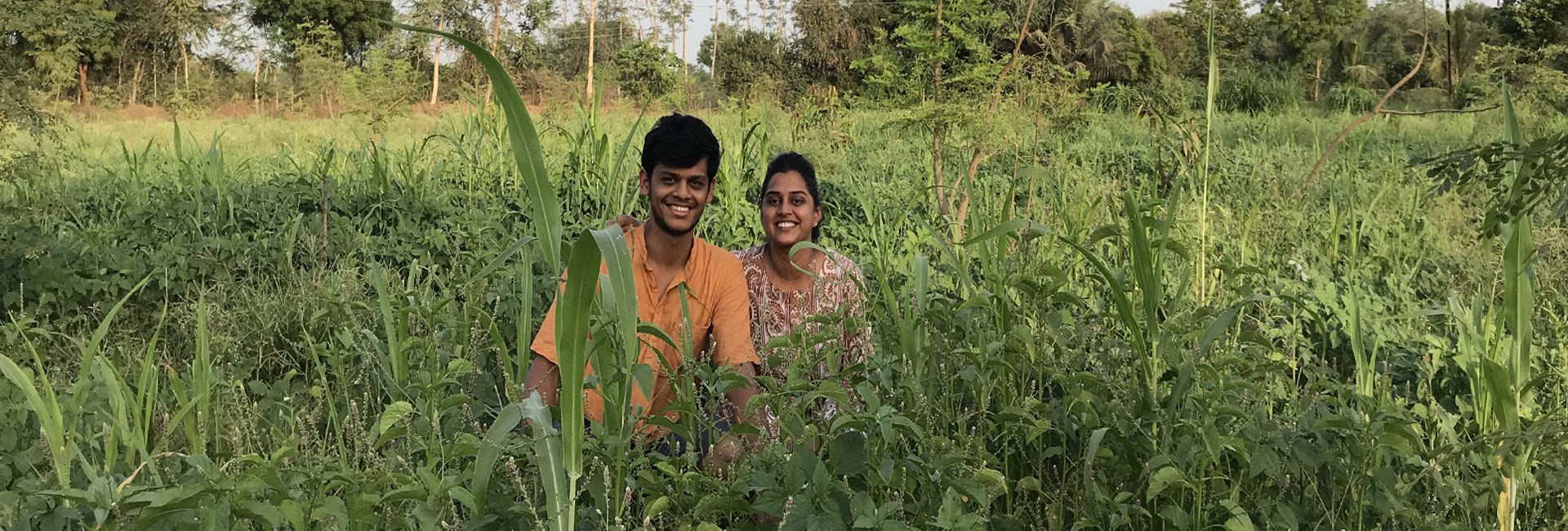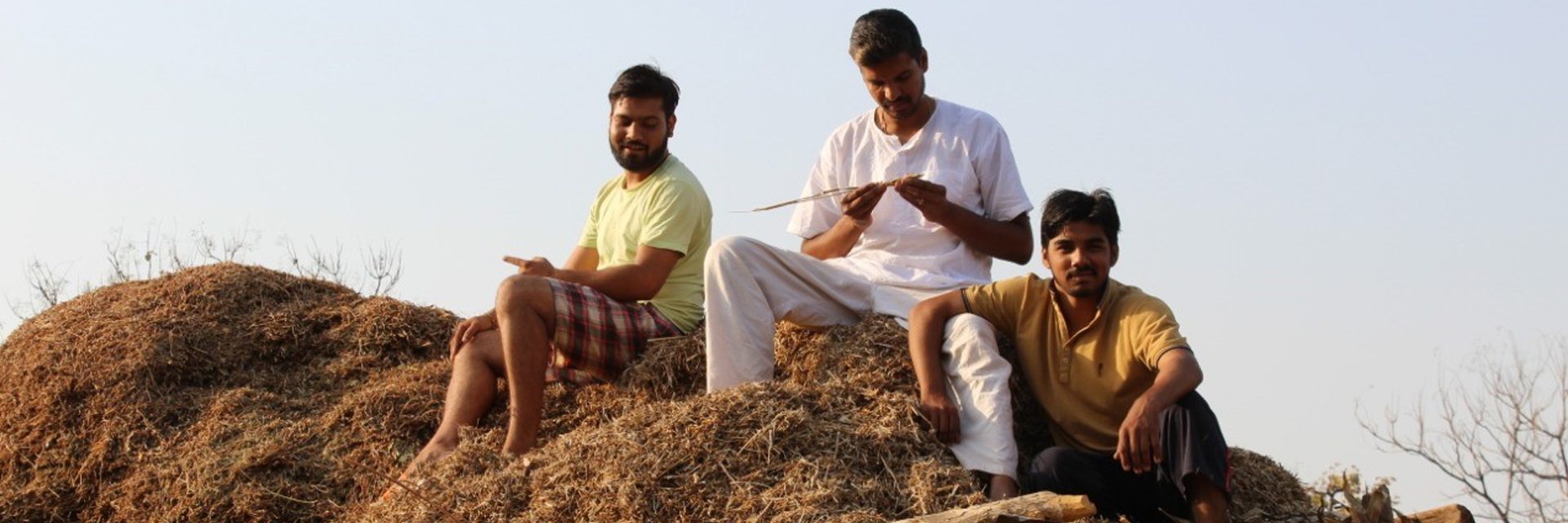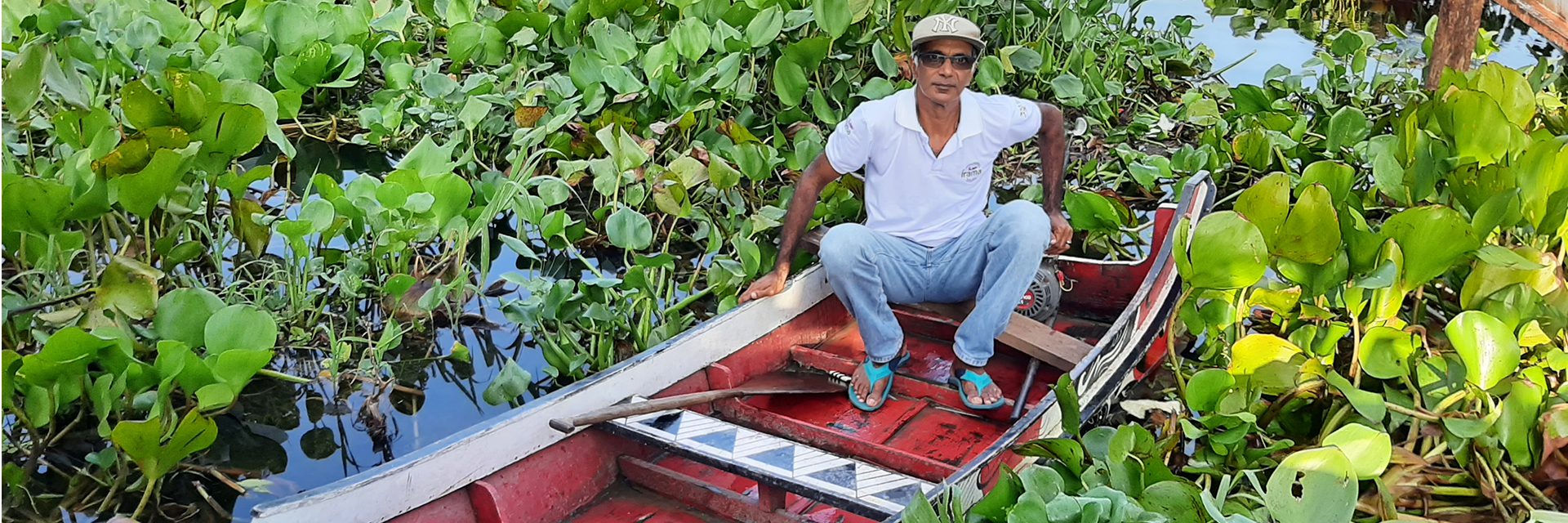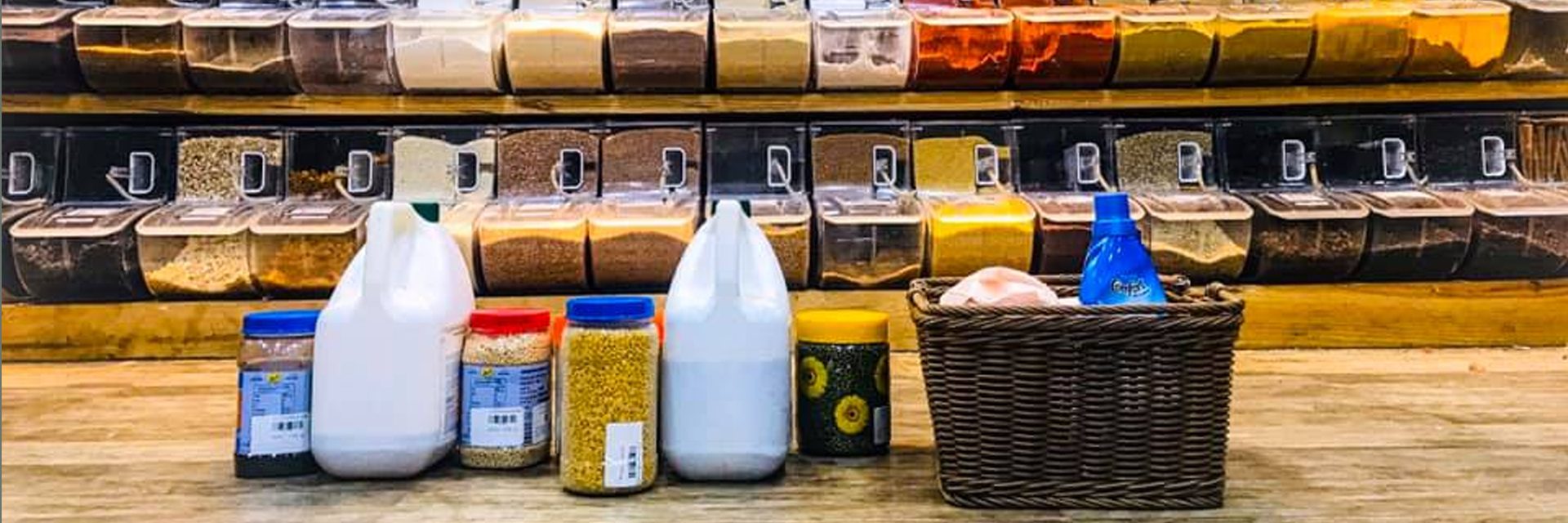(May 24, 2022) Peering through the window of their train enroute Los Angeles in 2016, Vivek Shah and his wife Brinda saw acres of strawberry farms sprawled all across Salinas. The splendid view of lush, juicy, and red strawberries seemed like something out of a dream. Then, they were pulled from their reverie by the sudden appearance of a man, covered in a protective suit and spraying pesticide on the crops. It sent a chill down their spine. “It didn’t seem right. How harmful were the chemicals that he had to wear protective gear? And we were consuming that produce. We knew this wasn’t the environment we wanted to live in. It became a defining moment for us,” environment entrepreneur Vivek tells Global Indian.
In 2016, the San Fransico-based couple left their comfortable lifestyles in the US behind to return to Gujarat and start their forest farm. Now six years later, the 10-acre land which is a “mix of the commercial and experimental farm” has given Vivek and Brinda a purpose in life – to create awareness on environment restoration and put their techniques to use for a larger cause.
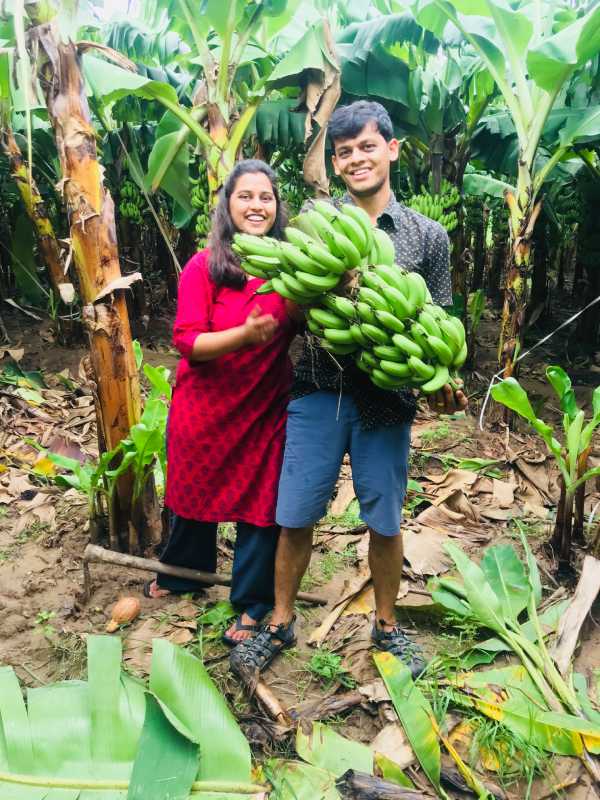
Brinda Shah and Vivek Shah at their forest form, Brindavan
Existential crisis led to true calling
Born and raised in Baroda, Vivek was more of a “creative and outdoorsy” person during his growing up years who was in the pursuit to “charter a path” for himself. “We had a CA firm, my dad is a second-generation CA. So, society expected me to follow suit. But my heart wasn’t in it. After finishing my school, we received our green card for the US, and the entire family shifted base,” says Vivek, who came across an open college that he calls his “golden ticket” as it gave him the chance to learn anything without pressure. From photography to fine arts to economics, Vivek dabbled in everything before settling for a degree in interaction design. “Though nature and environment always intrigued me, it wasn’t a career option back then,” adds Vivek.
After a year-and-a-half of working as a product designer, Vivek realised it wasn’t his calling either. “Sitting behind a computer for 8-10 hours wasn’t helping me make any impact. Instead, I was leading people into hyper-consumerism through my job,” adds the environment entrepreneur, who was on the cusp of an existential crisis. It was then that he came across a month-long course on organic farming. This set the ball rolling for Vivek and his wife, who decided to study permaculture. “It was the logical starting point to understand environment restoration. After she came to the US, we both realised we wanted to do something in the field of environment, and that’s how our journey began,” reveals the 33-year-old who met his wife through common friends.
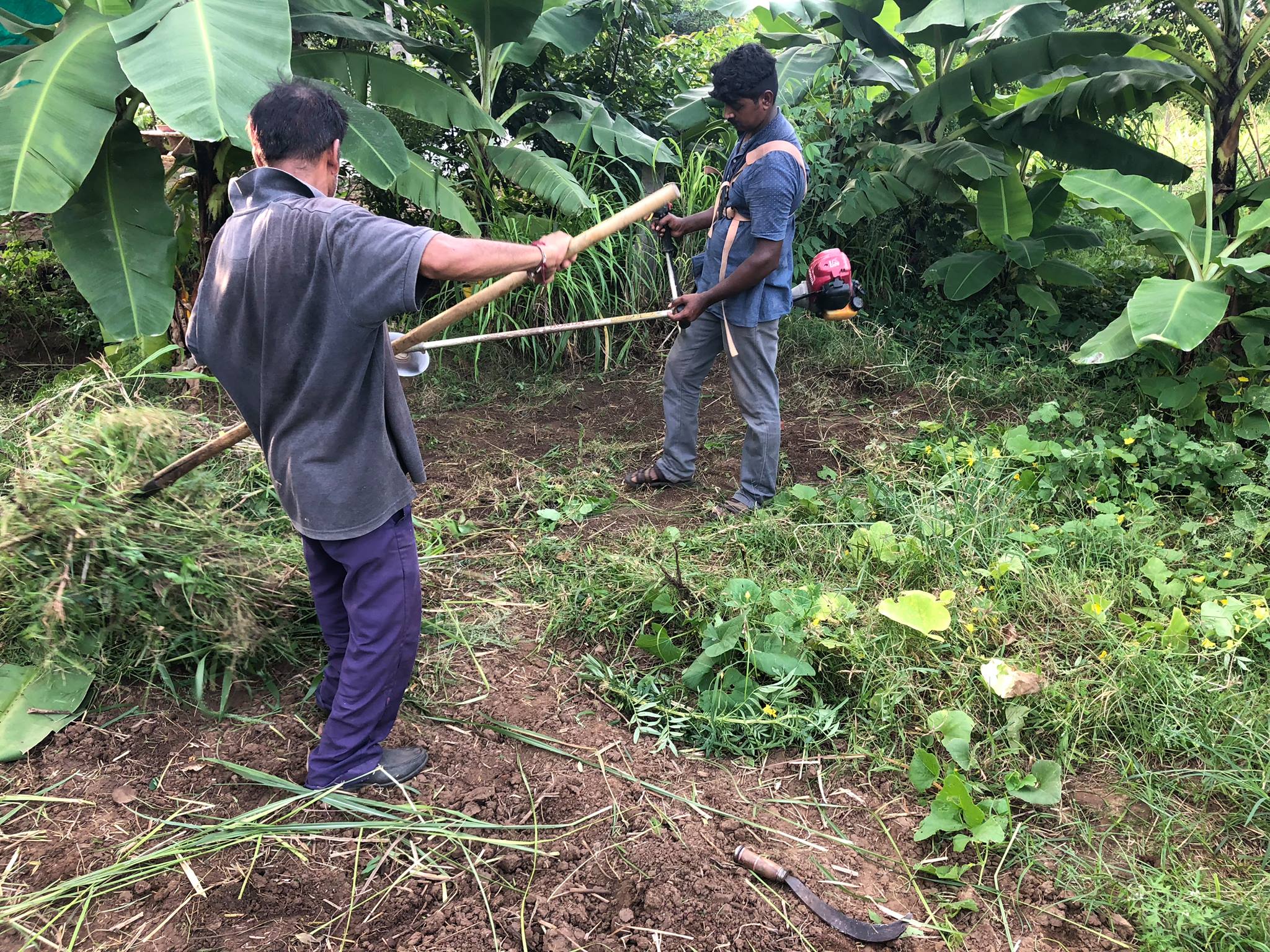
A forest farm that changed it all
Vivek quit his job and returned to Gujarat with Brinda, who has a master’s degree in printmaking, to begin their journey as environment entrepreneurs. Interestingly, they found massive support from their families. So much so that a family friend lent them a piece of their land to start their experiment. “We came with no background in agriculture. But the course did help us in understanding the techniques that we could adopt to make a sustainable farm,” adds Vivek. For the next nine months, the couple grew crops and vegetables, understood the agricultural cycle, and tapped into local knowledge. “The initial phase was spent in observation and understanding the workings of the farm,” explains Vivek. A year later, they found the perfect land in Nadiad, an hour’s drive from Ahmedabad. “That’s how Brindavan came into existence. We started just before the monsoon, and it was a fruitful year,” reminisces the environment entrepreneur.
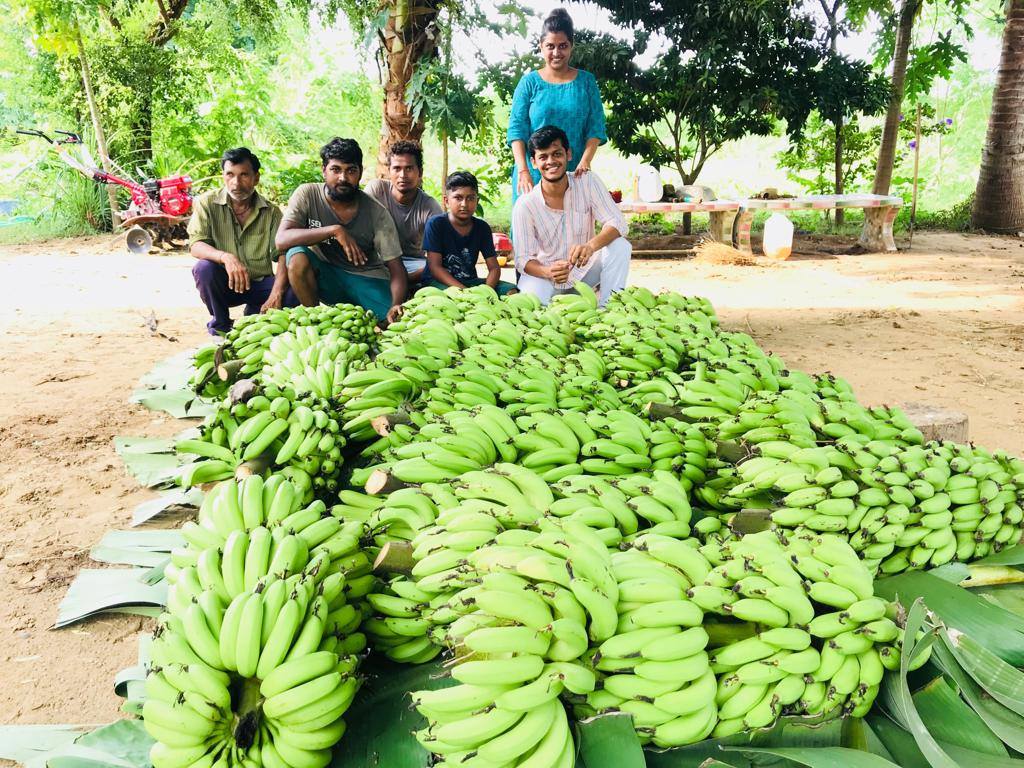
Since then, the couple has been using techniques like green manuring and controlled grazing to ensure soil fertility and harvesting rainwater to utilise the farm resources to their capacity. “When we started, we had no role models to follow. Most of it was trial and error,” he says, calling it a learning phase for the couple. “Converting our orchard into a rain-fed model and working on no-till vegetable farming gave us more confidence and faith in ourselves and our techniques,” adds Vivek.
Working for the future
Sustainable farming practices are quite a fad in the US, but Vivek and Brinda realised that not much was happening in India in this space. That’s the reason they decided to return and give back to their homeland. “It was a now or never for us. I was 25 when I decided to make the switch. I knew if I let this opportunity slip through my hands, I wouldn’t have the courage to pursue it after five years. Though it was like diving into an ocean, there was a sense of urgency. And I am glad we did it,” says Vivek who is now providing consultancy services and applying the couple’s farming techniques on client sites.
View this post on Instagram
“We aim to collaborate with like-minded people who need our services in saving the Earth. However, a lot needs to be done. There is awareness but the lack of action is one of our biggest challenges,” says the environment entrepreneur who often finds no public participation, adding that not many are willing to invest in this space. “It’s still considered to be an NGO kind of thing and not a legit industry.” He believes that the right sources need to be moved in as “opportunities are plenty.” Calling climate change a “real problem”, Vivek finds the situation “scary because we can’t predict anything more. The changing temperatures are hampering crop growth, and in the near future, we won’t be able to afford a single crop.” The environment champion believes that branching out would be the solution. “We’ll have to add new things to your diet that you never before even considered,” says Vivek who thinks it’s time to start experimenting with food security.
View this post on Instagram
Brinda and he are now eyeing bigger projects, along with trying to make inroads with the government on climate change. “We are also planning to bring climate litigation under the larger umbrella and address climate-related challenges,” says the environment entrepreneur, who believes patience is the key in this profession. He urges youngsters to “follow their heart and not have a Plan B. If you have something to fall back on, you might not push through enough.” Vivek and Brinda had to make lifestyle changes on their arrival in India, but they knew it was worth the effort. “Cutting down on lifestyle expenses can do wonders, only if you are willing. But we knew we wanted to create an impact. That’s what drove us both,” says the father of a one-and-a-half-year-old who loves spending time with his family.
Also Read: Bhargav Sri Prakash: Training the brain through the metaverse with digital vaccines
